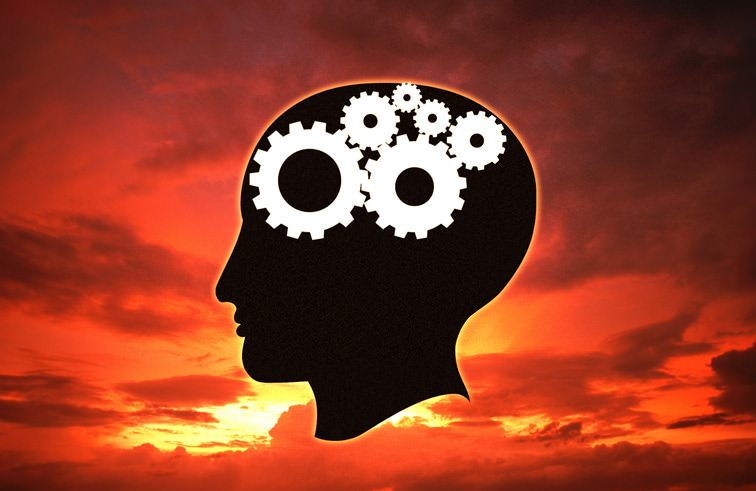
In fact, even internally generated perceptions—what we are thinking about—loops through the limbic system. That is why our own thoughts—our own fears of not getting what we need—can detonate our rage, push us into panic or send us down a spiral of depression. Yet, if we understand how the brain works, we see we have the ability to use our limbic systems to generate feelings of gratitude, pride and joy at will. If we have the courage to be self-aware, we can outsmart our brains.
So the brain’s primary function is still to act as the trusty sentinel, on the lookout for thieves and scoundrels. If there is no physical danger to our body or our food source (reactive brain), we react to what we sense are threats to being respected and loved (social brain).
When people act in ways that don’t match our desires, the biochemical trigger happens in a blink of an eye. Our brains jump into defensive mode, acting to protect us from people who may not feel we are worthy of being listened to, people who may not like us and people who may not think we are smart, talented, attractive or in some way worthwhile. The reaction is automatic and happens before we have a chance to think. If you don’t react in anger, you probably retreat, avoiding the risk. Research by Mark George, MD, at the National Institutes of Health demonstrates that these automatic repetitive thoughts inflame brain areas associated with depression and anxiety. These reactions can ruin your day, and even your life.
Therefore, the automatic systems in the brain designed to protect you from harm also serve to keep you from taking risks and from feeling good, physically and mentally.
Are we doomed to live beneath our potential? No. We must first accept that much of what we do in life is about striving to
give love and be loved, and protecting ourselves when what we hold dear is threatened.
John Nash, the mathematician whose story was told in the book and movie A Beautiful Mind said when accepting the Nobel Prize, “It’s only in the mysterious question of love that the logical reasons can be found.”
The Thinking Brain
As mammals evolved, the complexity of social interactions drove the need to discern if our reactions were responsible and constructive, to test our perception against what objectively exists and to shift our thoughts to the brighter side of life even in the face of adversity. So the third brain, the thinking or cortical brain, evolved to help us discern right from wrong, good from bad, and pleasure from harm. We needed the capacity to analyze what we perceived. We also needed to plan ahead both rationally and imaginatively.
One of the important features of the cortical brain is short-term memory, the “container” in which we mix present input with long-term memory, which allows us to reason, learn and create. Combined with our need to be social, the development of the cortical brain led to the growth of civilization, including the arts, religion and science. Of all the life forms, Riane Eisler said in her book about our cultural evolution, The Chalice and the Blade, “…only we can plant and harvest fields, compose poetry and music, seek truth and justice, and teach a child to read.”
Yet our development would not have happened had it not been driven by our emotions first, by the passion, envy, anger, terror, love, excitement, vengeance, compassion and even resignation that inspired our ideas and actions.
Thus, we can add many Fs to the fight, flight, feast, and fornicate formula. Now we have family and favoritism, fastidiousness and fickleness, falsity and feistiness, fulfilled and fortunate, fantasy and philosophy (and a sense of fun). Humans can joke, lie, create dreams and regret dreams, all in one conversation.
However, with the ability to learn and remember, we also
Download Article 1K Club



















